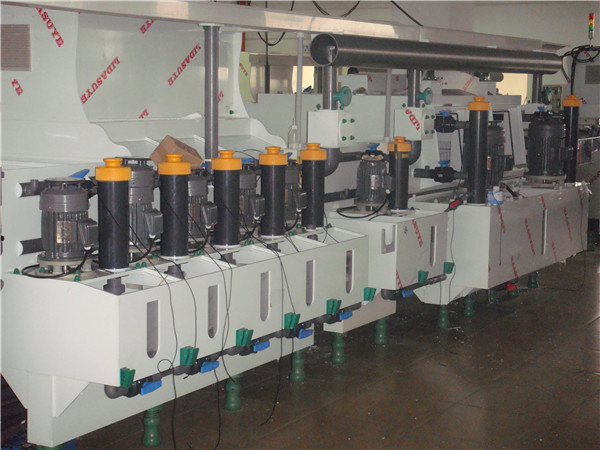Okt . 05, 2024 19:51 Back to list
HDPE Pipe Sprinkler System for Efficient Irrigation Solutions and Water Conservation
The Versatility of HDPE Pipe Sprinklers in Modern Irrigation
In the ever-evolving world of agriculture and landscaping, the choice of irrigation systems plays a pivotal role in ensuring efficiency and sustainability. Among the myriad options available, HDPE (High-Density Polyethylene) pipe sprinklers have emerged as a favorite due to their durability, adaptability, and cost-effectiveness. This article delves into the significance of HDPE pipe sprinklers and their impact on both agricultural practices and urban landscaping.
Understanding HDPE Pipes
HDPE, or High-Density Polyethylene, is a thermoplastic polymer known for its high strength-to-density ratio. It is widely used in various applications, including piping systems, due to its resistance to corrosion, chemicals, and UV rays. HDPE pipes are lightweight, flexible, and can withstand high pressure, making them ideal for both large-scale agricultural irrigation and smaller landscaping projects.
Advantages of HDPE Pipe Sprinklers
One of the foremost advantages of using HDPE pipe sprinklers is their longevity. Unlike traditional metal or PVC pipes that can corrode or degrade over time, HDPE pipes maintain their integrity, reducing the need for frequent replacements. This durability translates into lower maintenance costs and a reliable irrigation system that can last for decades.
Furthermore, HDPE pipes are resistant to a range of environmental factors. They do not rust or corrode, and their smooth inner surface minimizes friction loss, allowing for more efficient water flow. This characteristic ensures that water is distributed evenly across the field or garden, promoting healthy plant growth and conserving water resources.
hdpe pipe sprinkler

Another critical benefit of HDPE sprinkler systems is their environmental friendliness. With growing concerns about water scarcity and sustainable agriculture, HDPE pipes help in reducing water wastage. They can be designed to incorporate drip irrigation techniques, which deliver water directly to the plant roots, optimizing water usage and promoting healthy crop yields.
Application in Agriculture and Landscaping
In agriculture, HDPE pipe sprinklers are essential for irrigation management. They can be configured for various field sizes and crop types, providing flexibility for farmers. With the advancement of technology, these systems can now be automated, allowing for precise control over watering schedules and amounts, further improving water use efficiency.
In urban landscaping, HDPE pipe sprinklers are frequently used in parks, golf courses, and residential gardens. Their adaptability ensures that they can be installed in various terrains and climates, making them suitable for both arid regions and areas with abundant rainfall.
Conclusion
As we strive for greater sustainability in irrigation practices, HDPE pipe sprinklers stand out as a reliable solution. Their unique properties not only contribute to the efficiency and longevity of irrigation systems but also align with the growing need for water conservation in agriculture and gardening. By investing in HDPE pipe sprinkler technology, we are not just enhancing our irrigation systems; we are also taking significant steps toward a more sustainable and productive future in agriculture and landscaping. Embracing such innovations can bridge the gap between productive farming and environmental stewardship, ensuring that we can grow while protecting our precious resources.
-
High-Quality PPR Pipes and Fittings Durable ERA PPR & PVC PPR Solutions
NewsJul.08,2025
-
Black HDPE Cutting Board - Durable, Non-Porous & Food Safe HDPE Plastic Cutting Board
NewsJul.08,2025
-
High-Quality CPVC Panel Durable HDPE & PVC Panels Supplier
NewsJul.08,2025
-
Double PE Welding Rod Supplier - High Strength, Durable & Versatile Welding Solutions
NewsJul.07,2025
-
High-Quality PVC-O Pipe Supplier Durable 75mm PVC Pipe & Connections Leading PVC Pipe Company
NewsJul.07,2025
-
HDPE Drainage Pipe Supplier – Durable & Corrosion-Resistant Solutions
NewsJul.06,2025

